|
Happy Healthy Suffering is a mini zine that explores what causes depression and other forms of mental suffering. It is written from chapters 4 and 5 of The Happiest Choice: Essential Tools for Everyone's Brain Feelings. Physical copies are available to purchase on the Rad Cat Press Etsy store. Transcription Introduction Over the course of a lifetime, mental suffering, depression, and anxiety impacts everyone. They are rampant conditions that are partially biological but largely cultural and an outcome of the society we live in. An important aspect of addressing depression and anxiety correctly is understanding what causes it uniquely in each individual. This guide is derived from chapters 4 and 5 of The Happiest Choice: Essential Tools for Everyone's Brain Feelings. You can learn more about my book and the science of happiness at www.sageliskey.com Please note that while the information contained herein is researched and has worked for me, I am not a medical professional and none of this is meant to be medical advice. As such I do not guarantee the accuracy of the information presented and disclaim liability for errors and omissions. What is Depression? Clinically speaking depression involves having a certain number of mental and physical symptoms for over 2 weeks. These include feeling sad, being hopeless, anxious, irritable, or guilty, losing interest in a favorite activity, feeling tired, having trouble concentrating, overeating or lacking an appetite, sleeping too much or too little, having thoughts of suicide or suicide attempts, and aches or pains, headaches, cramps, or digestive problems. In general, depression is simply an extended state of mental suffering caused by “potentials” and “triggers.” “Potentials” increase the likelihood of experiencing depression, and “triggers” put a person into a mental state of suffering. Potentials Chemical Abnormalities hormones, genes, nutrient processing, chemical processing, medications Life Events trauma, childhood events, growing up poor, discrimination, exposure to certain harmful chemicals, cultural upbringing Lifestyle Choices food, exercise, nutrition, environment, thinking patterns, communication style Unmet Needs sustenance, safety, love, empathy, recreation and play, community, creativity, autonomy, and purpose Triggers Anything can trigger depression or a mental state of suffering, but some triggers are more common than others such as: Stress or stressful events, lack of sleep, thoughts, under or over consuming food, consumption of certain substances, media, loneliness, staying inside, withdrawal symptoms, an inability to cope with societal pressures, or expectations that a culture places on members of that culture. A “potential” can act as a “trigger” with factors like sleeplessness and malnourishment. My Mind Adapted from the Icarus Project's 'Mad Map.' Use this template to record your “Potentials,” your “Triggers,” things that make you feel better, and people who can support you when you're having a rough time. My Potentials My Triggers Things That Make Me Feel Better People Who Can Support Me During An Unhappy Time On Western Medicine Medication is the best answer to some forms of mental suffering and help many people cope. Discretion needs to be used however as unlike what many doctors and pharmaceutical companies say, is not always the solution nor is it always safe to consume. Antidepressants can worsen symptoms and in some people simply have a placebo effect. When doctors are prescribing antidepressants they rarely test for the specific chemical or genetic abnormality causing a person's depression or anxiety and instead use a “guess and check” method for prescription. Doctors also tend to ignore the possibilities of nutrient deficiencies, trauma, diet, sleeplessness, lack of exercise, environment, chemical exposure, and so forth. Medication can be healing, just know your options and practice good self-care!
0 Comments
This 6 page mini-booklet is available at www.etsy.com/shop/radcatpress along with other empowering mental health reminders. Transcription Humans are born with a soul. When nothing impedes their way, the soul's personality may manifest fully into the human presence. The soul is often hindered by media consumption, news, unrequited feelings, fears, too many to-dos, addictions, and notions of absolute truth in right, wrong, good, and evil. The soul is released with play, emotion, meditation, presence, connecting to basic human needs, being in nature, growing food, love, art, knowing the pinnacles of darkness and depths of light, and silence. Humans at one with their soul attract bountiful beauty, serendipitous surprises, and galactic gifts. Won't you please free your soul? This 6 page mini-booklet is available for purchase at www.etsy.com/shop/radcatpress along with several other quick mental-health guides. Introduction Habits allow us to learn an action so well that we don't have to think about how to do it, freeing up our consciousness for other tasks. This is often beneficial to our survival and happiness, but not always. The following is meant to help you understand how to transform unhealthy or destructive habits and form healthy and uplifting ones. This guide is derived from chapter 5 of The Happiest Choice: Essential Tools for Everyone's Brain Feelings. You can learn more about my book and the science of happiness at www.sageliskey.com Please note that while the information contained herein is researched and has worked for me, I am not a medical professional and none of this is meant to be medical advice. As such I do not guarantee the accuracy of the information presented and disclaim liability for errors and omissions. What Is A Habit? According to Charles Duhigg, habits can be broken down into three parts: Habit Cue - The sights, smells, flavors, sounds, feelings, and memories that initiate the desire to act out a habit. These you can be aware of. Habit Action - The habit itself. The brain automates these unconsciously so your thoughts are free to perform other tasks. Habit Reward - The chemical reward your brain gives you for completing a habit. Example - The smell of cookies (cue) leads you to buy and eat a cookie (action) which gives your brain a dopamine high (reward). Forming Habits 1) Repeat the behavior often and regularly. 2) Form one new habit at a time and do so slowly repeating the habit a few times a week rather than daily to start out. 3) Make rewards for accomplishing your habit visible, such as an exercise journal of improvements or a special treat. 4) Make a game out of the activity, either competing against yourself or other people. 5) Work on forming the habit with another person, such as an exercise buddy, therapist, pet, or support group. 6) If you are not motivated to doing a healthy activity, think of it in a more interesting way such as “to love my whole body,” “I do this for artistic inspiration,” or, “today I need to see my tree friends.” 7) Make good habits more visible. For instance, put supplements next to your bed, healthy foods on the kitchen counter, or a book you should read in your bag. 8) Force yourself to do it. It may be uncomfortable, but really, you're never going to want to do something you don't feel motivated to do, or have yet to create a habit for. As Amy Cuddy says, “fake it till you make it.” Deforming Habits 1) Recognize the habit cues and rewards for a given habit. 2) If a habit cue such as stress or seeing junk food causes you to perform an unhealthy habit, train yourself to perform a healthy habit when you receive those habit cues instead. 3) Remove unhealthy habit cues such as toxic friends and living environments. 4) Break habit cues by changing your environment. The easiest way to change a habit is by doing so on vacation. 5) Put the habit just a little further out of reach so you think twice before initiating it. Block websites and hide addicting food. Eating Intentionally 1) Eat meals at scheduled times. 2) Give away unhealthy food gifted to you as a present to someone else or the compost. 3) Say a mantra 50 times such as “I love myself so I do not eat ____.” 4) Drink water, especially if you feel hungry after you recently ate. 5) Eat slowly and savor the flavor. 6) Only buy whole foods which have not been heavily processed. 7) Consider the amount of money saved not buying processed foods. 8) Grow your own food. 9) Refrigerate leftovers rather than overeating. 10) Take on a label such as sugar free or vegetarian.
|
About Me
Hi! My name is Sage Liskey, the founder of the Rad Cat Press. I grew up seeing a lot of the disturbing, toxic, and unhealthy sides of American culture, and I wanted to do something to change it. Since 2010 I have been writing books and zines (booklets) focused around uplifting lives and reimagining society, with a primary focus in mental health and empowerment. I believe a better world is possible, so I hope you feel inspired and a little more fulfilled from what you find here. Read on about my mission.
Subscribe to my Patreon here for lots of great perks including e-books of all my work, discounts, member's-only content, access to my digital library, and much more!
My Books and Zines
Instagram
Upcoming Events
Categories
All
Archives
August 2023
|
|
© 2022 -- Sage Liskey. All rights reserved
RadCatPress@Gmail.com |
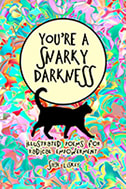
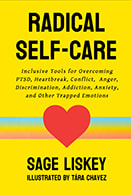
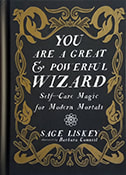
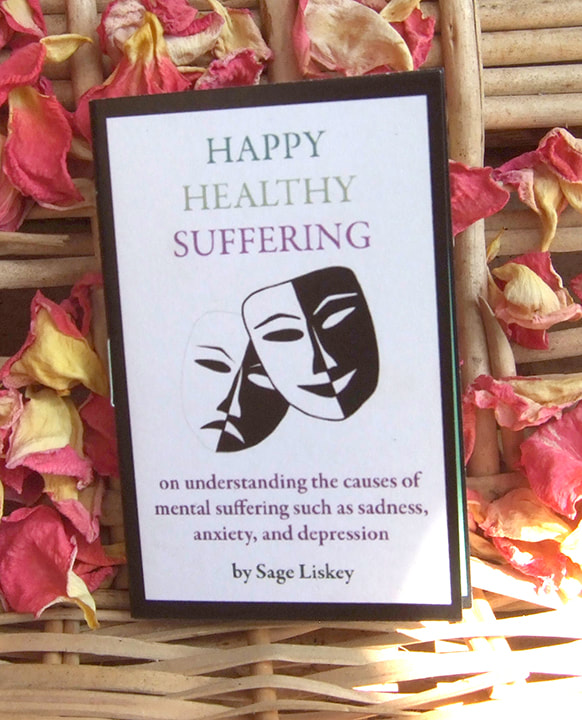
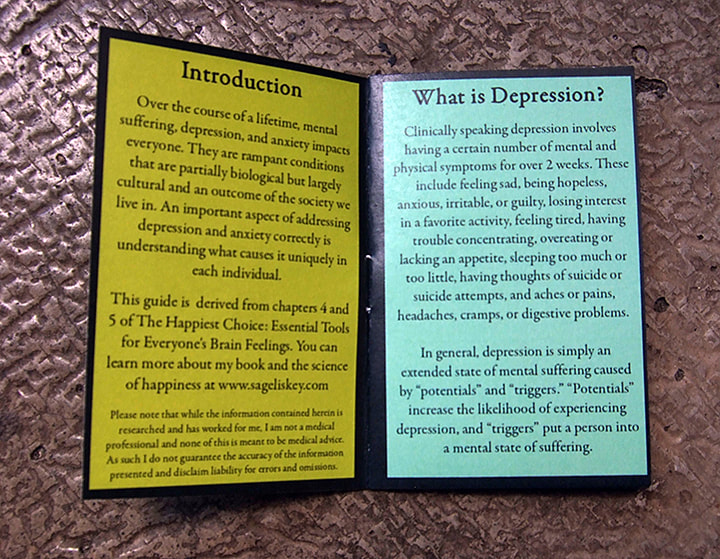
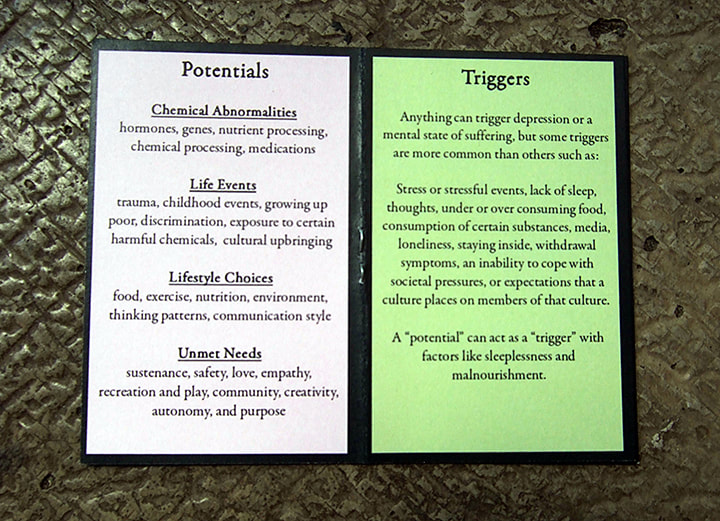
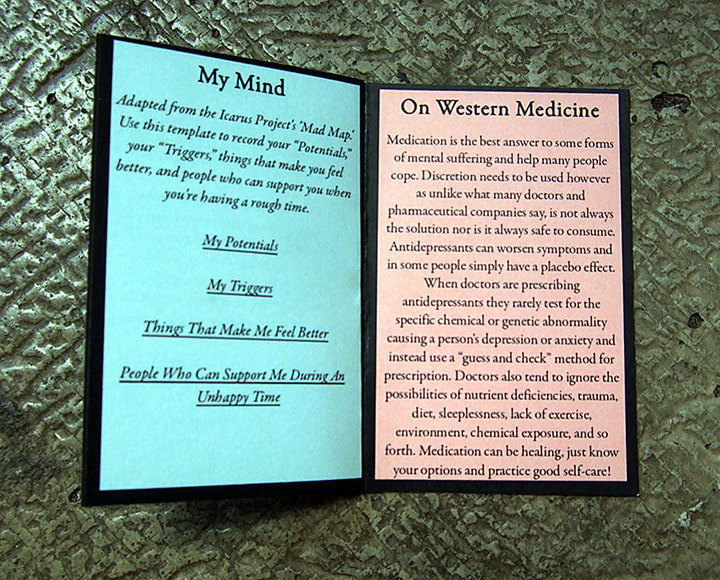

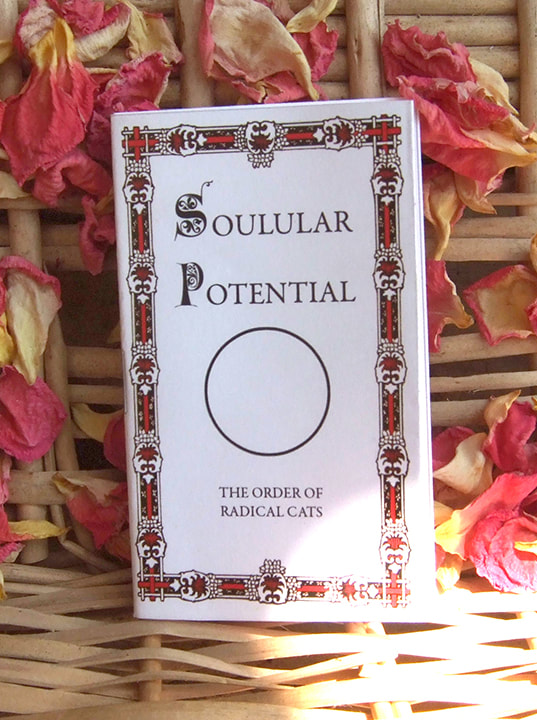
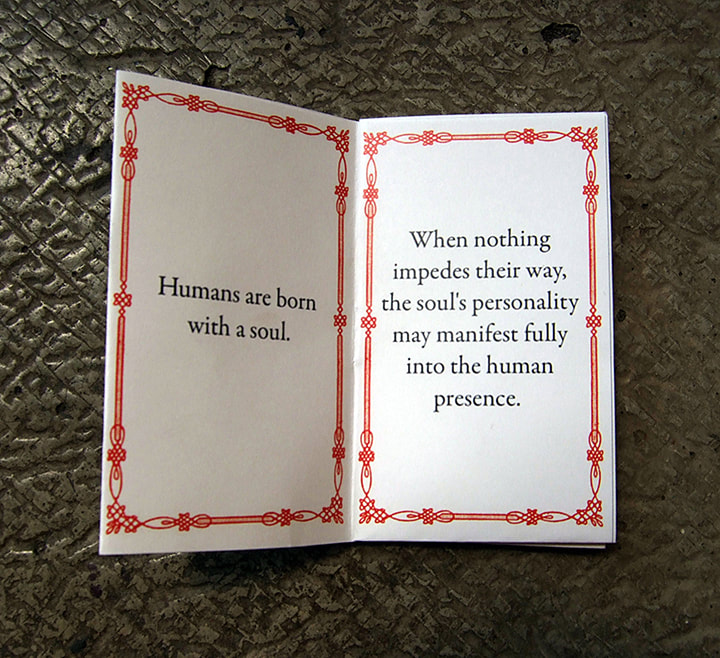
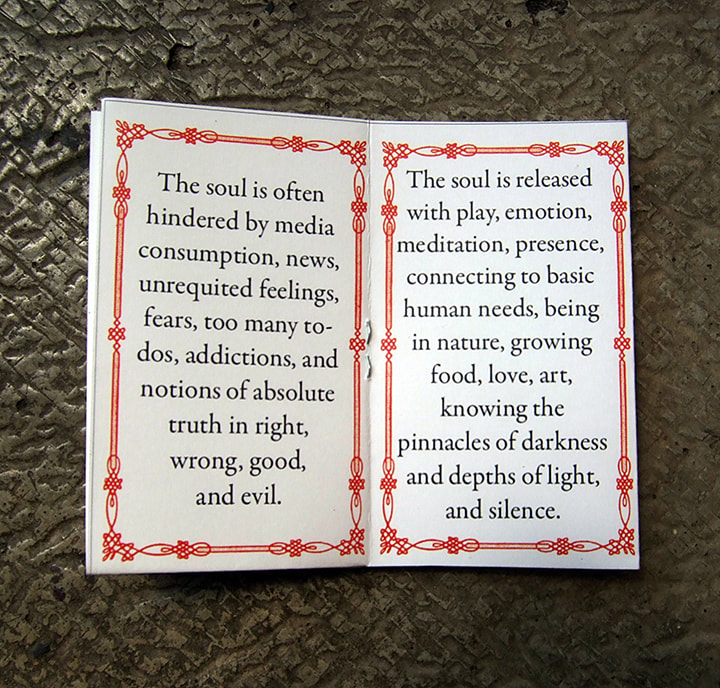
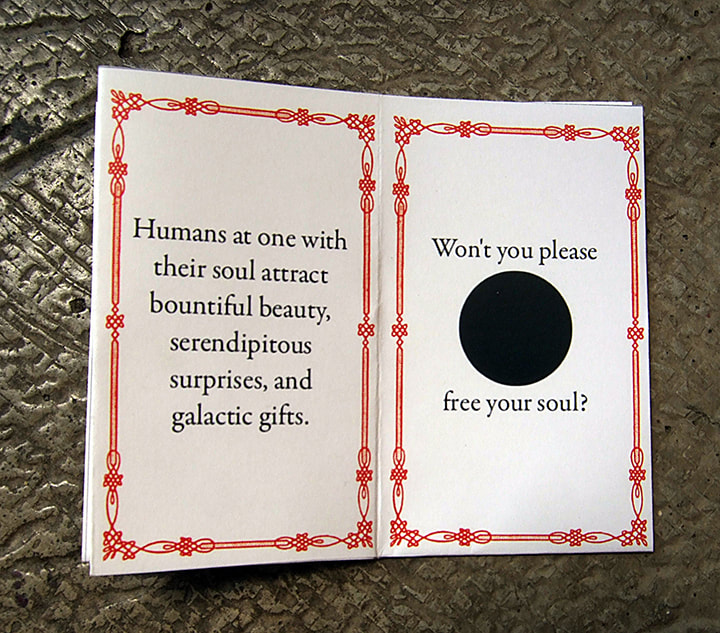
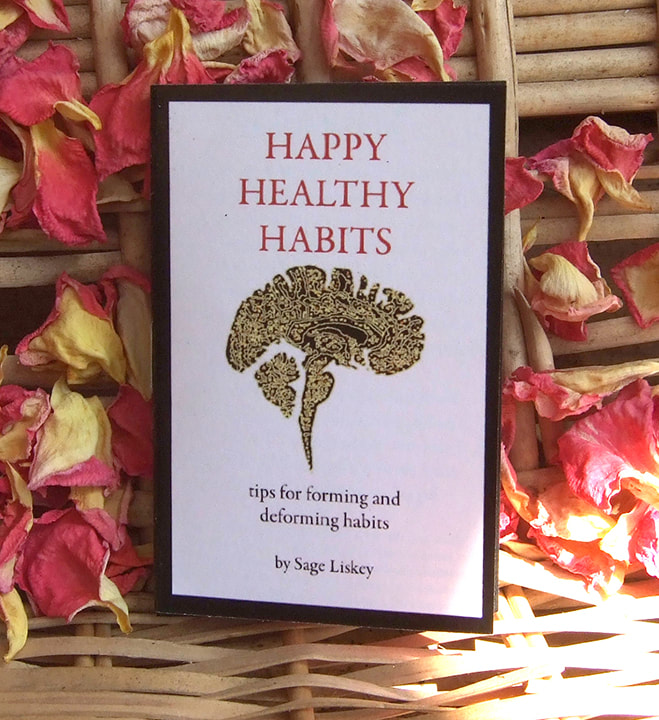
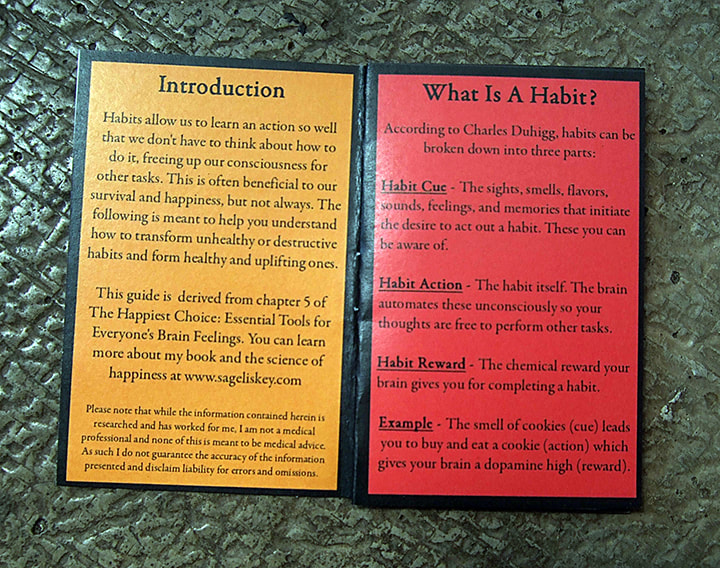

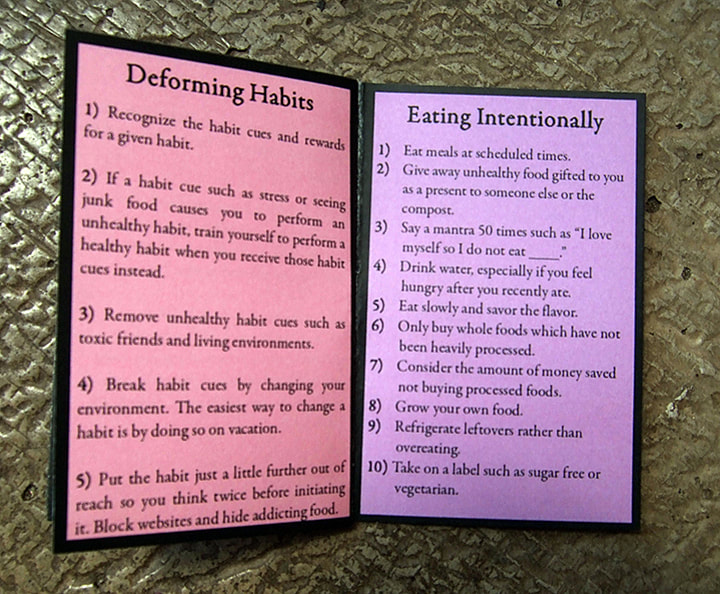
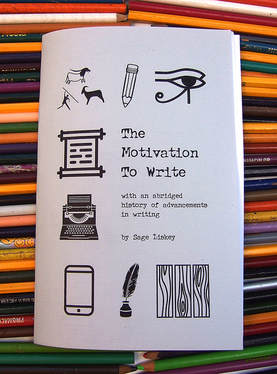
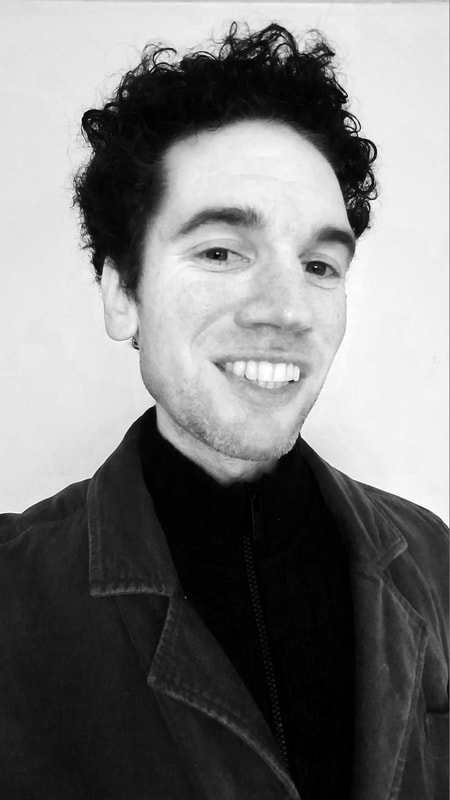
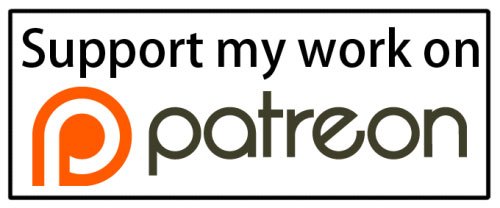
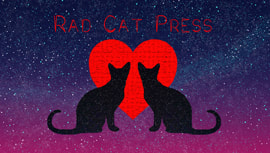
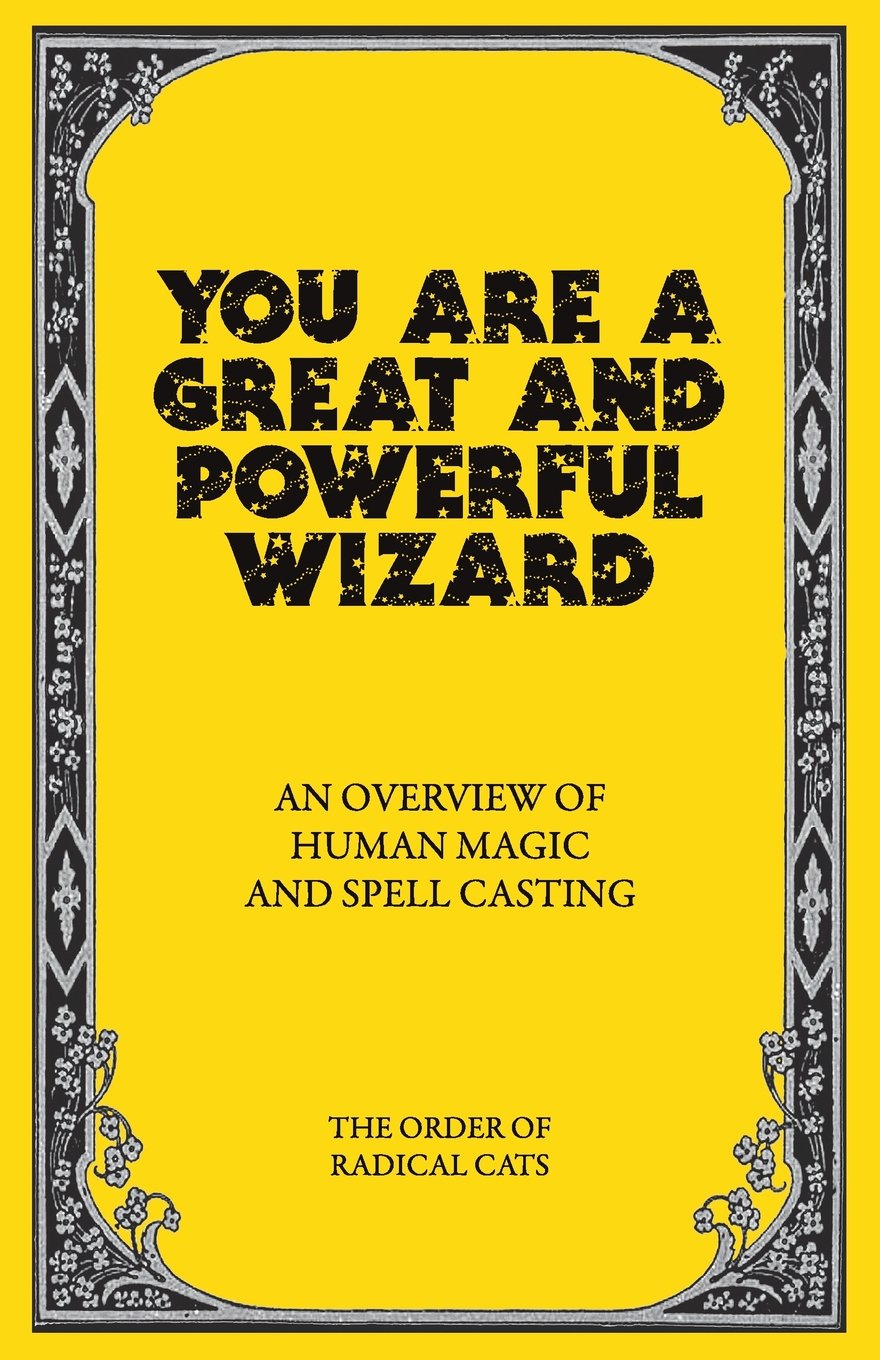
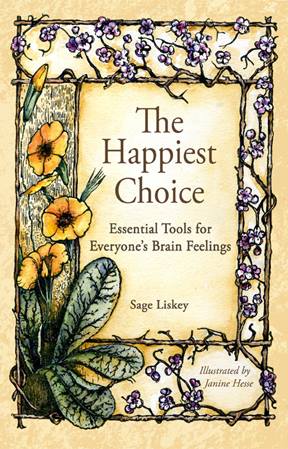
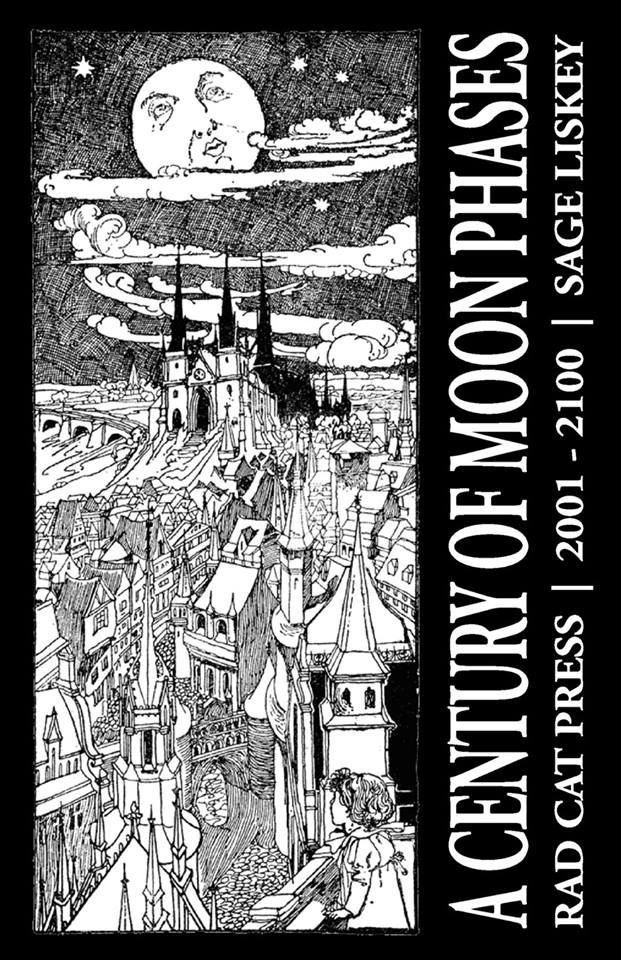
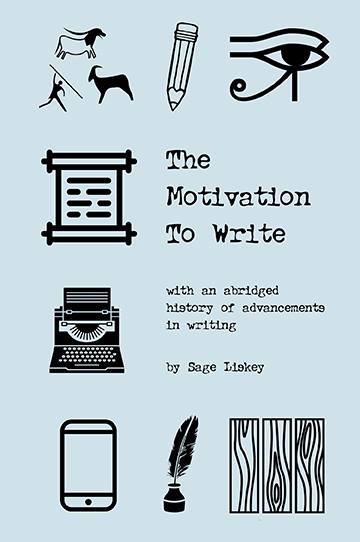
 RSS Feed
RSS Feed